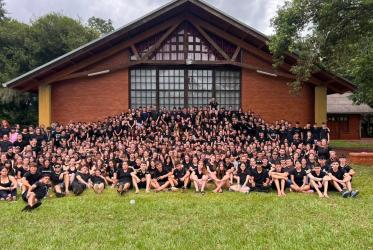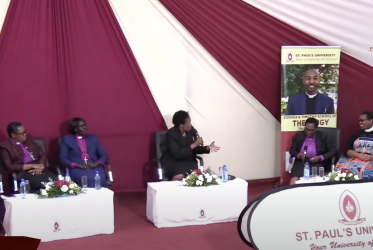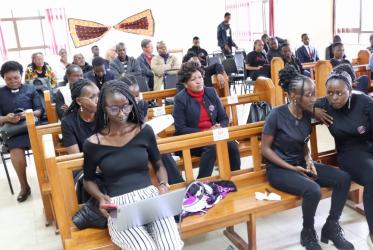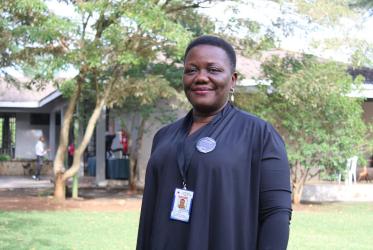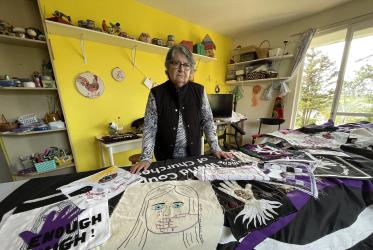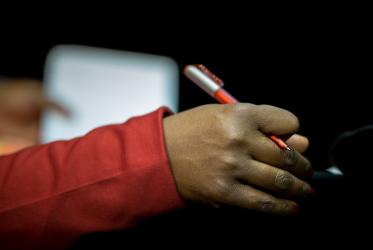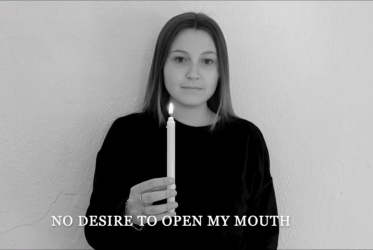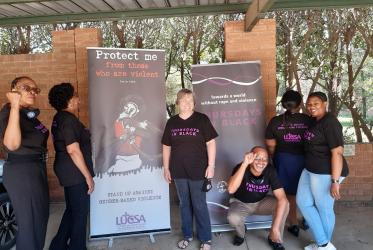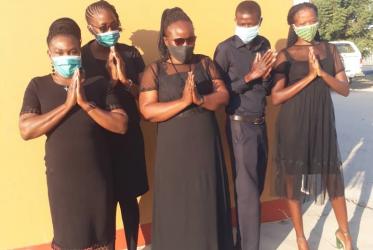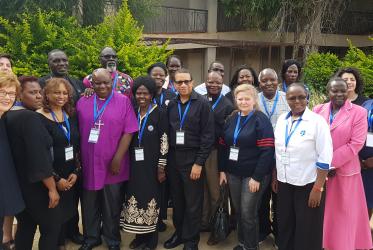Displaying 1 - 20 of 57
Theological education in Africa promotes social transformation
03 November 2022
Women in Argentina walk in solidarity with women of Afghanistan
23 September 2021
Thursdays in Black is growing in Namibia
20 August 2020
Listening together to the pain of violent spaces
28 February 2020
